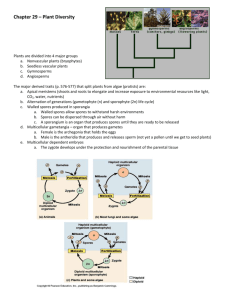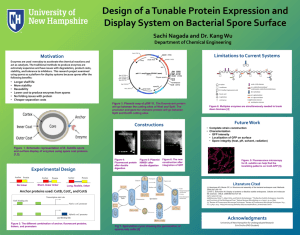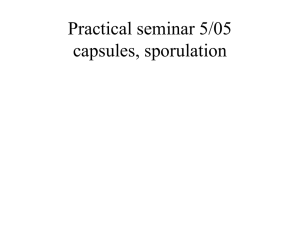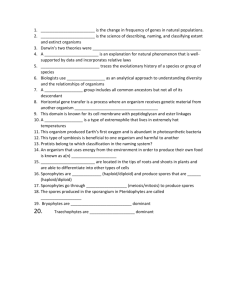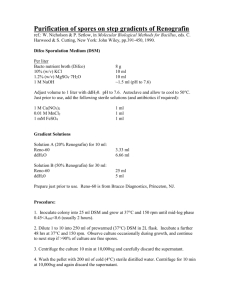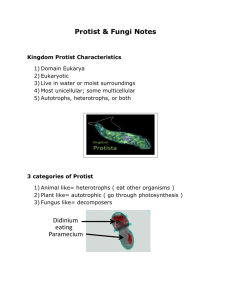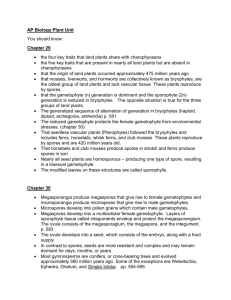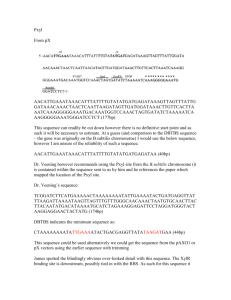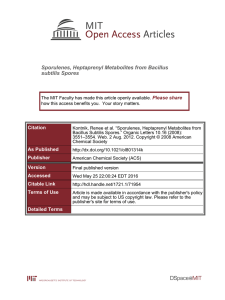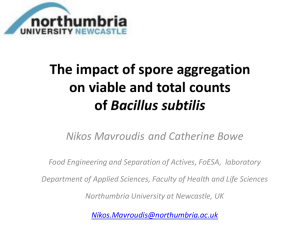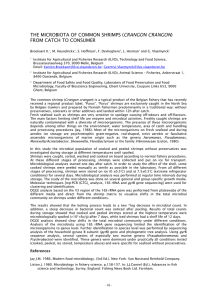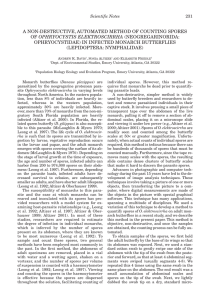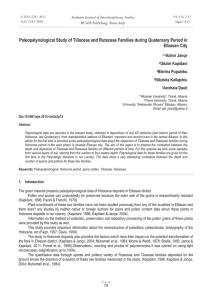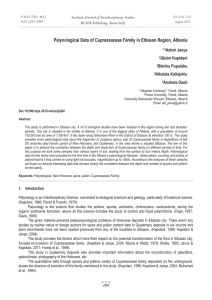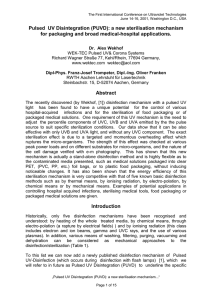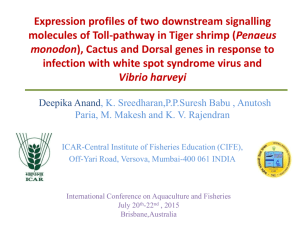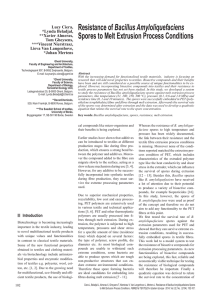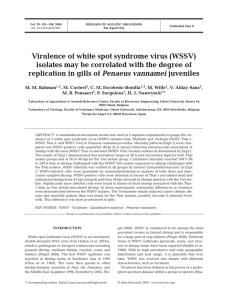海生所103學年專題討論(二) 摘要表 IMB 103 Seminar (II) Abstract
advertisement
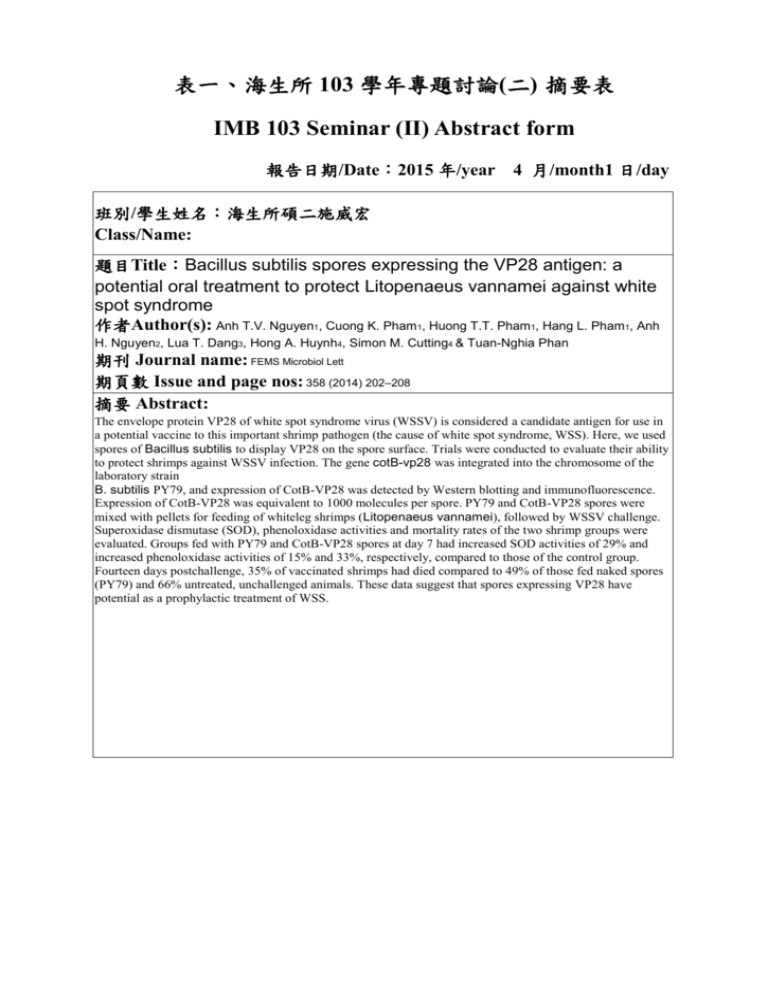
表一、海生所 103 學年專題討論(二) 摘要表 IMB 103 Seminar (II) Abstract form 報告日期/Date:2015 年/year 4 月/month1 日/day 班別/學生姓名:海生所碩二施威宏 Class/Name: 題目Title:Bacillus subtilis spores expressing the VP28 antigen: a potential oral treatment to protect Litopenaeus vannamei against white spot syndrome 作者Author(s): Anh T.V. Nguyen1, Cuong K. Pham1, Huong T.T. Pham1, Hang L. Pham1, Anh H. Nguyen2, Lua T. Dang3, Hong A. Huynh4, Simon M. Cutting4 & Tuan-Nghia Phan 期刊 Journal name: FEMS Microbiol Lett 期頁數 Issue and page nos: 358 (2014) 202–208 摘要 Abstract: The envelope protein VP28 of white spot syndrome virus (WSSV) is considered a candidate antigen for use in a potential vaccine to this important shrimp pathogen (the cause of white spot syndrome, WSS). Here, we used spores of Bacillus subtilis to display VP28 on the spore surface. Trials were conducted to evaluate their ability to protect shrimps against WSSV infection. The gene cotB-vp28 was integrated into the chromosome of the laboratory strain B. subtilis PY79, and expression of CotB-VP28 was detected by Western blotting and immunofluorescence. Expression of CotB-VP28 was equivalent to 1000 molecules per spore. PY79 and CotB-VP28 spores were mixed with pellets for feeding of whiteleg shrimps (Litopenaeus vannamei), followed by WSSV challenge. Superoxidase dismutase (SOD), phenoloxidase activities and mortality rates of the two shrimp groups were evaluated. Groups fed with PY79 and CotB-VP28 spores at day 7 had increased SOD activities of 29% and increased phenoloxidase activities of 15% and 33%, respectively, compared to those of the control group. Fourteen days postchallenge, 35% of vaccinated shrimps had died compared to 49% of those fed naked spores (PY79) and 66% untreated, unchallenged animals. These data suggest that spores expressing VP28 have potential as a prophylactic treatment of WSS.
